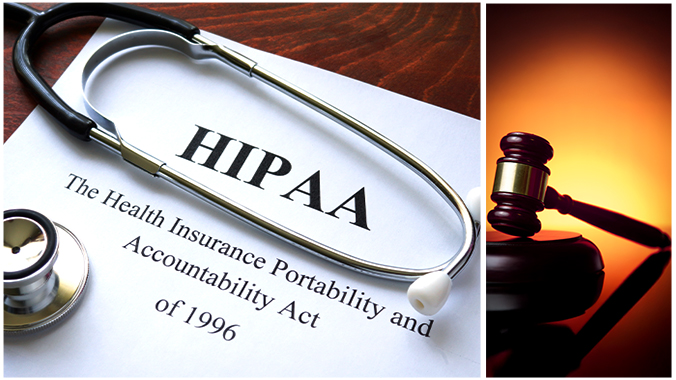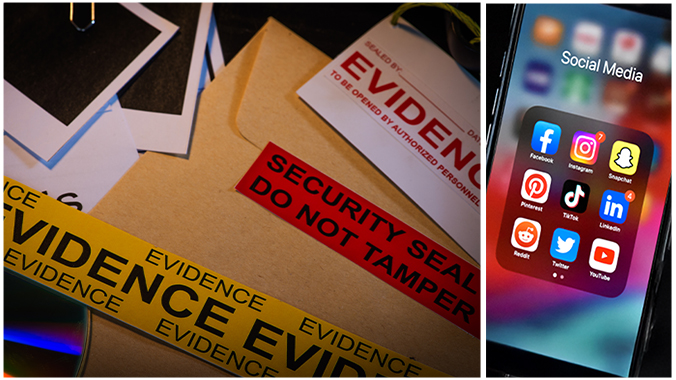The Davis–Bacon Act and the Inflation Reduction Act: Critical changes in prevailing-wage law

Timothy J. Taylor is an employment and litigation attorney in Holland & Knight's Tysons office.
On-Demand: January 23, 2024
Subscribe to Federal Bar Association CLE Pass...
Co-Sponsored by myLawCLE
Get this course, plus over 1,000+ of live webinars.
Learn More
MCLE Credit Information:
Select Your State Below to View CLE Credit Information
Tuition: $195.00
Training 5 or more people?
Sign-up for a law firm subscription plan and each attorney in the firm receives free access to all CLE Programs
Program Summary
The law of prevailing wages has changed rapidly in recent months, with significant new costs, burdens, and complexities—and some opportunities. A regulatory overhaul of the Davis–Bacon Act (DBA) just went into effect, and Treasury continues to work its way toward definitive regulation of prevailing-wage tax credits under the Inflation Reduction Act. These changes have big implications for construction contractors, energy-industry taxpayers, and recipients of federal aid under dozens of state and federal programs, including under the Bipartisan Infrastructure Law and the CHIPS Act. Join former U.S. Department of Labor Deputy Solicitor Timothy Taylor as he helps you get up to speed on these topics and flags traps for the unwary.
This course is co-sponsored with myLawCLE.
Key topics to be discussed:
- The DBA final rule’s new methodology for calculating prevailing wages, and how it is likely to result in higher costs for contractors and program participants
- The DBA final rule’s new provisions expanding and clarifying what work (and workers) are covered under the law
- The DBA final rule’s new enforcement provisions that raise uncertainty and penalties for employers
- The latest guidance on the Inflation Reduction Act’s prevailing-wage tax credits, and how they differ from traditional DBA law
Date / Time: January 23, 2024
![]() Closed-captioning available
Closed-captioning available
Speakers
 Timothy Taylor | Holland & Knight
Timothy Taylor | Holland & Knight
Timothy J. Taylor is an employment and litigation attorney in Holland & Knight’s Tysons office. Mr. Taylor represents employers, companies and individuals in high-stakes litigation, investigations and compliance matters across a wide variety of areas and in particular vis-à-vis government regulators. He serves clients in highly regulated industries, especially healthcare and government contracts.
Before rejoining Holland & Knight, Mr. Taylor served as Deputy Solicitor of Labor, the second in-command legal officer for the federal government’s second-largest litigation department, housed in the U.S. Department of Labor (DOL). In that position, he oversaw a wide portfolio of litigation, enforcement, rulemaking and legal counseling for the agency’s more than 450 attorneys at 23 client agencies. Laws under his purview included the Fair Labor Standards Act (FLSA), Davis- Bacon Act (DBA), Service Contract Act (SCA), Occupational Safety and Health Act (OSH Act), Employee Retirement Income Security Act (ERISA) and Executive Order 11246. He also previously served as senior counsel for employment and investigations at the U.S. Department of the Treasury’s Office of the Special Inspector General for Pandemic Recovery (SIGPR).
Mr. Taylor uses that experience to defend and counsel clients facing difficult employment issues, including DOL and other investigations, discrimination claims, prevailing-wage matters, trade-secret and noncompete cases, executive employment agreements (and disagreements), and compliance with unclear and emerging areas of law.
In addition, Mr. Taylor represents clients in a broad array of other litigation and investigations. A gifted writer, Mr. Taylor is often called upon for dispositive motions, appeals, and written advocacy to regulators. His experience includes matters involving fraud, breach of contract, defamation, partnership disputes, First Amendment issues, U.S. Department of Justice (DOJ) civil and criminal investigations, and a host of other matters. From his government experience, Mr. Taylor has in-depth knowledge of federal regulation and policymaking under the Administrative Procedure Act (APA). He has also represented many clients in False Claims Act (FCA) investigations and litigation.
Before his government service, Mr. Taylor was an associate with Holland & Knight. Among other civil and criminal representations, he was part of the U.S. Supreme Court team that secured a unanimous reversal of former Virginia Gov. Bob McDonnell’s convictions on public corruption charges.
After law school, Mr. Taylor clerked for the Honorable Harris Hartz of the U.S. Court of Appeals for the Tenth Circuit and the Honorable Charles Lettow of the U.S. Court of Federal Claims. During law school, he was an editor of the Attorney Advertising. Copyright © 1996–2023 Holland & Knight LLP. All rights reserved. Harvard Law Review.
Agenda
I. The DBA final rule’s new methodology for calculating prevailing wages, and how it is likely to result in higher costs for contractors and program participants | 12:00pm – 12:30pm
II. The DBA final rule’s new provisions expanding and clarifying what work (and workers) are covered under the law | 12:30pm – 1:00pm
Break | 1:00pm – 1:10pm
III. The DBA final rule’s new enforcement provisions that raise uncertainty and penalties for
employers | 1:10pm – 1:25pm
IV. The latest guidance on the Inflation Reduction Act’s prevailing-wage tax credits, and how they differ from traditional DBA law | 1:25pm – 1:40pm
Preview
More CLE Webinars
Trending CLE Webinars



























Upcoming CLE Webinars
![4th Annual Tax Rep Summit [4-Day Event]](https://federalbarcle.org/wp-content/uploads/2024/09/4th-Annual-Tax-Rep-Summit_myLawCLE.jpg)

































































